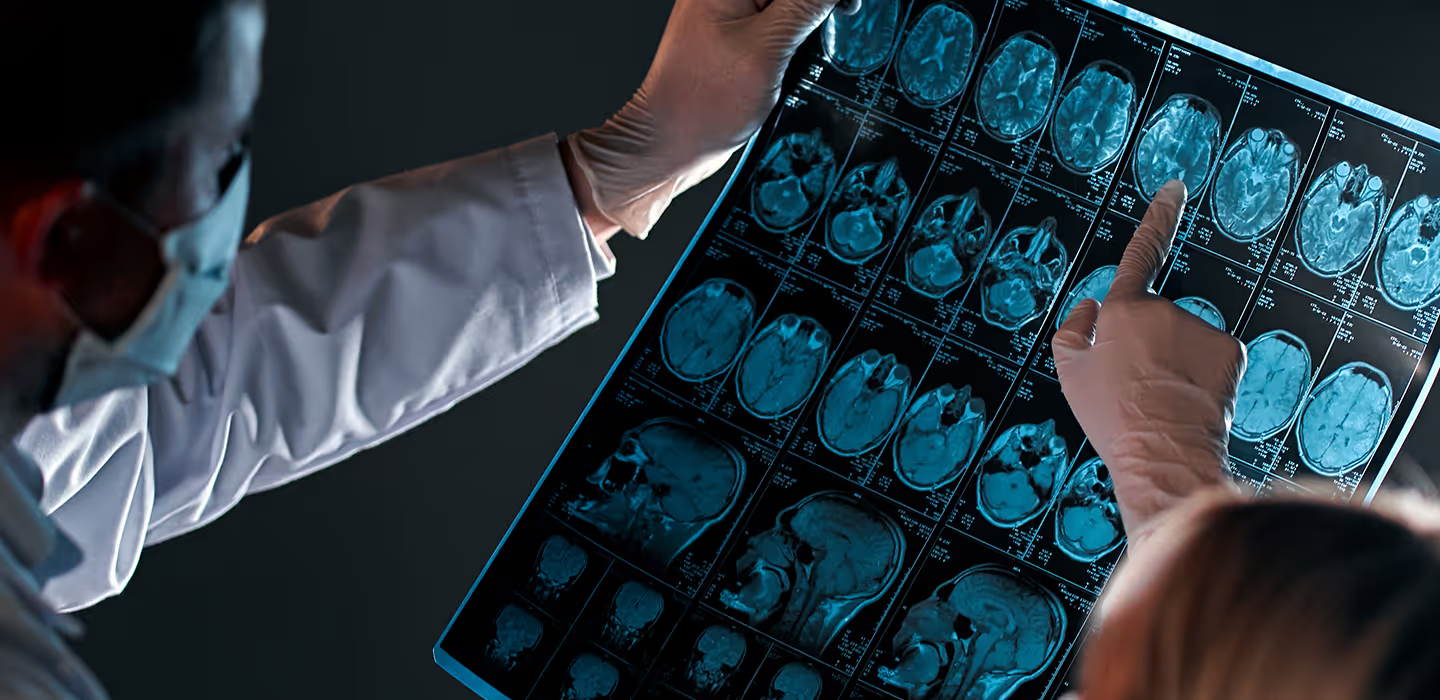Scientific
newsletters

In 2012, a working group from the Belgian Study Group for Multiple Sclerosis under the lead of Dr. Pierrette Seeldrayers and with the support of Dr. Barbara Willekens, set out to start a Belgian registry of multiple sclerosis (MS) patients who are starting new treatment. There had previously been no such registry; follow-up of side-effects after the introduction on the market of new MS treatments was done by pharmaceutical companies, thus making long term follow up of patients almost impossible.
We took advantage of the fact that prescription of Gilenya® (fingolimod) had been limited to so-called "MS experts", almost all members of the BSGMS, to create the BELFIMS registry, a registry of Belgian patients treated with Fingolimod, as a first step in establishing a national registry of Belgian MS patients. The ultimate goal of this registry was to detect unknown or rare side-effects, to capture pregnancy outcomes (although pregnancy is contra-indicated while taking this drug), and to collect real-life efficacy data. As in 2013 Aubagio® (teriflunomide) became available in the context of a medical need program and in 2014 Tecfidera® (dimethylfumarate) will be added to our therapeutic arsenal, it was decided to enlarge the registry to include patients starting new MS drugs.
Thus, in January 2014, the Belgian Treatment in Multiple Sclerosis, or BELTRIMS registry, was approved by the central ethics committee of the Antwerp University Hospital.
As stated earlier, the great advantage of this registry is that data are collected, independently of pharmaceutical companies, in a single registry, as opposed to having to use different registries for each new medication, as has been the case until now. It will thus be possible to follow the effects of changing from one immunosuppressive or immunomodulatory drug to another, effects which are largely unknown presently. We can detect interactions between medications and collect data on short- and longterm side-effects, with special attention to infections and malignancies. The registry will be continuously updated since, after the initial evaluation, follow-up will be captured every 6 months and serious side-effects will be registered as well. It is important to note that we only register data that are available from routine clinical practice (e.g., number of relapses, MRI number of T2 or enhancing lesions, lab results, EDSS); no extra investigations are done for this registry.
The working group of the BSGMS consists of Dr. Pierrette Seeldrayers (national coordinator), Dr. Barbara Willekens (secretary) and Prof. Dr. Bénédicte Dubois, Dr. Marie D’Hooghe, Dr. Daniel Guillaume, Prof. Dr. Guy Nagels, Prof. Dr. Christian Sindic, and Dr. Vincent Van Pesch (working group members). This board will meet regularly and discuss how the data should be analyzed. They will also keep track of the ‘serious adverse events’ (reported important possible side-effects), and report them to the authorities.
All neurologists who are members of the BSGMS can participate in this registry. All neurologists who prescribe Gilenya® or Tysabri® (natalizumab) are MS specialists and, as such, probably members of the BSGMS: if you are starting a new treatment for multiple sclerosis and would like to be part of this registry, ask your neurologist if he or she participates. Off course, you will be informed and asked to sign an informed consent document. We will use only your initials, month and year of birth, to guarantee your anonymity. Only your treating neurologist will be able to associate you to this ‘code’.
The more patients’ data is in this registry, the more knowledge we can gather together. This is clearly in the best interest of every patient with MS who is or will be treated with one of these new drugs. At present, we have 13 centers participating, with 3 that will soon be added through an amendment.
Recently, the Charcot Foundation granted us the necessary funds to set up an electronic database. This will make it easier to store the data long-term and to perform statistical analysis. Of course, once we have gathered enough data, publications will follow. We will be keeping you up to date through the newsletters of the Charcot Foundation.
We hope that all neurologists who are members of the BSGMS will participate in this registry, and that as many patients as possible will be included, as this will fill an important knowledge gap in MS treatment.
Dr. Barbara Willekens, Dr. Pierrette Seeldrayers
Belgian Study Group for Multiple Sclerosis

Newsletter 35
Stay informed
Receive all the information related to research and news from the Belgian Charcot Foundation directly in your inbox.
